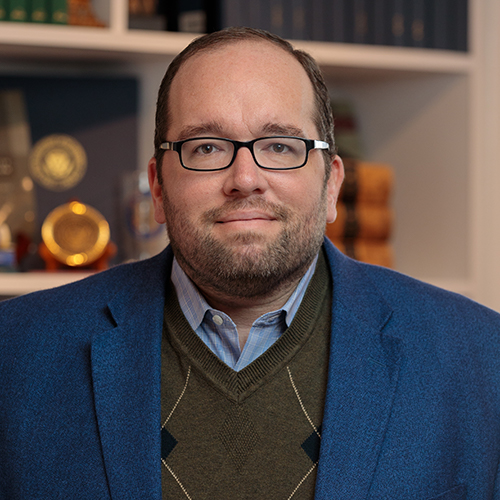As someone who has been involved in conversations about civility and politics for a long time, I’m often asked by folks why this work can be so frustrating. We’ve been talking about breaking down walls, bridging differences, and crossing the aisle for a long time and yet Americans seem as polarized as ever. Are our efforts not working?
I’m not as disillusioned as some, because away from the sort of hyper politicized spaces such as Twitter and cable news, in many communities around the country, people are getting along across ethnic, political, and socioeconomic lines. I do believe, however, our efforts at civility are often plagued by misunderstandings of what it is we are trying to do. So here are some common mistakes that might lead to disappointment.
1. We overstate what we aim for with civility. Civility is sometimes presented as a kind of mushy third-way between deeply held beliefs. But genuine civility is something quite different. It’s a recognition of the humanity of people with whom we have deep differences. Most of the time at gatherings designed to promote peace between religions, there is an emphasis on blurring the lines of distinction between faiths. However, there is no reason why one cannot hold to historic Christian doctrines of the church, including the exclusivity of Christ as a way of salvation, and live at peace with people of other faiths.
Civility isn’t about blurring belief systems into a unified mush. For Christians, civility simply means that even though we hold certain unshakeable truths, we can see the dignity of those we disagree with, because each is made in the image of God. Bridgebuilding efforts that attempt to deconstruct deeply held beliefs will fail, while those that recognize deeply held beliefs but look for areas of common ground, especially in working together on issues that affect the entire community, can succeed.
2. Too often “truth over tribe” devolves into class condescension. In an age of increasing tribalism, where our realities are shaped by increasingly smaller peer groups and our news and information are filtered through ideological lenses, we need people willing to hear bad news about their preferred political party or movement and find things commendable about folks they might disagree with. We need prophets willing to speak truth to their own communities.
But there is a difference between speaking hard words designed to change hearts and a kind of elite mockery of one’s own community for the approval of another. Those of us in positions of leadership should be especially wary of this, as we are often in peer groups made up of people in similar positions and classes. It’s easy to score points on panels, in podcasts, and on social media by disparaging our tribe as a way of showing we are not like them.
This is especially tempting for evangelical leaders like myself. In the last few years, a cottage industry of would-be prophets has created an entire genre of “bold truth tellers” who seem embarrassed by the people they purportedly represent. What’s needed, in every community, is leadership willing to speak hard truths in love while also identifying with that community. There is also, sometimes, a failure of elite leadership classes to listen and learn from the working class.
3. We too often mistake robust debate for incivility. In recent years, there has been much conversation about the fragility of democracy in the West. I share the concern many have, with illiberal movements on the left and right. There is a general questioning among some about whether liberal democracy, with its freedom of religion, freedom of expression, and free market is the best way to organize ourselves. What’s more, there are bad actors who would like to sow confusion in the free world. Yet it’s tiresome for us to confuse genuine threats to democracy with opinions or policies we don’t like. Recently, I saw otherwise smart people compare a new law limiting abortion to fifteen weeks and Elon Musk’s attempted purchase of Twitter as threats to democracy. Now you may or may not agree with those policies, but they are not threats to democracy and labeling them as such only further erodes civility by creating villains out of people you merely have a disagreement with. It also unnecessarily catastrophizes ordinary debates.
The overzealous attempt to label political opponents as enemies of democracy or seek to censor their ideas reflects an insecurity about one’s own position and sows distrust in institutions.
Find this article featured on What Went Wrong.

